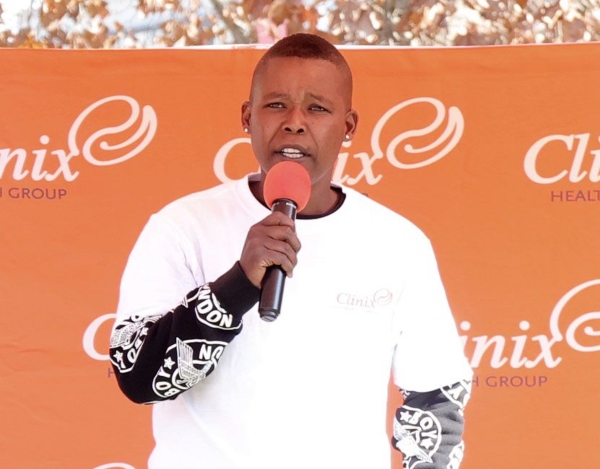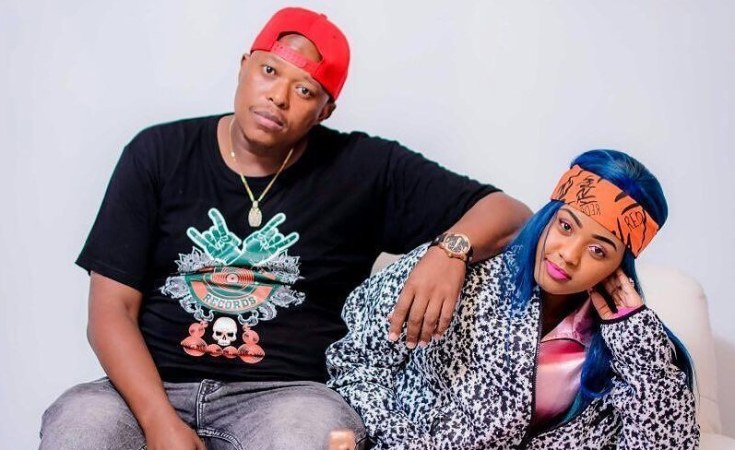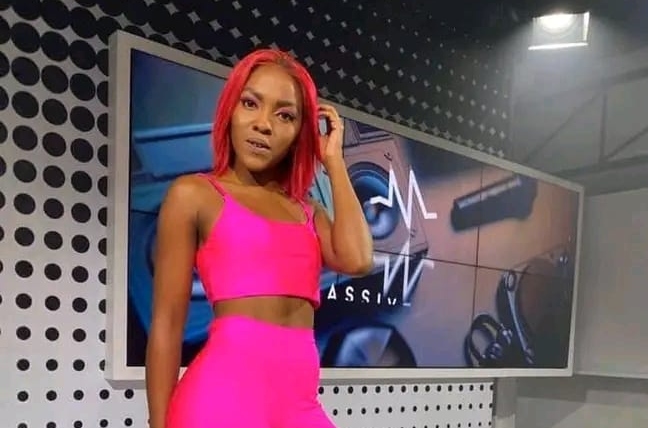She was once one of the most listened-to artsist in South Africa. Singer and songwriter Nothende Madumo says that all stopped after she spoke up about alleged exploitation and sabotage. The I Wanna Love You singer recently opened up on the podcast Long Story Short on Eric Says & Co about how DJ Sikhululo "Lulo" Caf? failed to pay her for the 2011 hit that is still today being played at radio stations across the county.
EXPLOITATION
Nothende has worked with the likes of old-school rapper Amu, Mr. Selwyn, ProKid, and Proverb to name a few, and built healthy relationships with artists until things went sour between her and Lulo. Nothende says Sipho "Psyfo" Ngwenya produced the song. "Lulo called me on a Wednesday and the Thursday we were in the studio recording at Pscyfo's house. It was 2010 there was a lot of soccer fever. Lulo was sitting in the lounge, watching the soccer, and Psyfo and I in the studio," she says. "I was just in a happy space and that's why that song is such a happy song. We recorded it that night, the song was out, and it became the first single in Lulo's album."
NO ROYALTIES
In terms of deciding what goes to who and who gets what in a song, it all depends on contribution. "A song is made up of lyrics, the melody, and the music. If there is one person who creates the music, they get the full share of the music." She says. "If one person gets the lyrics and melody, then there's 50/50. But when there are more people involved, there is a discussion that must be had." Nothende says in the song I Wanna Love You, it happened the same way. "I knew that certain things cannot happen with certain agreements in place. I wasn't privy to that, it was not my label. But because I was a co-owner of the song, I would then enquire about releasing overseas and remixes. That is when I started facing challenges. It changed how I experienced the song, whereas before it was this beautiful experience."
HATING A SONG, SHE ONCE LOVED
She says what was once a happy song, gradually became unbearable to listen to. "It got to a point when I didn't want to hear the song and it's not a nice thing to say or even hear. I faced so many degrees of exploitation and sabotage and a lot of things when it came to that song. It challenged a lot of things and how I related to my peers in the industry. It made me lose trust in a lot of people and made me pull back." Nothende remembers doing an interview and the radio presenter wanted to play her songs but could not find them. "I learned that day that my song was removed from that particular radio station," she says. "It's little things that reminded me how quickly things changed and being blacklisted is a real thing. It just made me not trust anyone, it made it difficult for me to fight." She says she reached a point when she was struggling financially. "It became difficult to get into a costly legal battle when I'm trying to figure out what I'm gonna eat today. I couldn't even trust lawyers, some were connected to the people I was fighting against. I just thought, let me focus on being okay, my life, and get my finances in order. I saw myself going crazy. I was very angry at everything and everybody." Lulo Caf? has not responded, despite several attempts to reach him.
?







